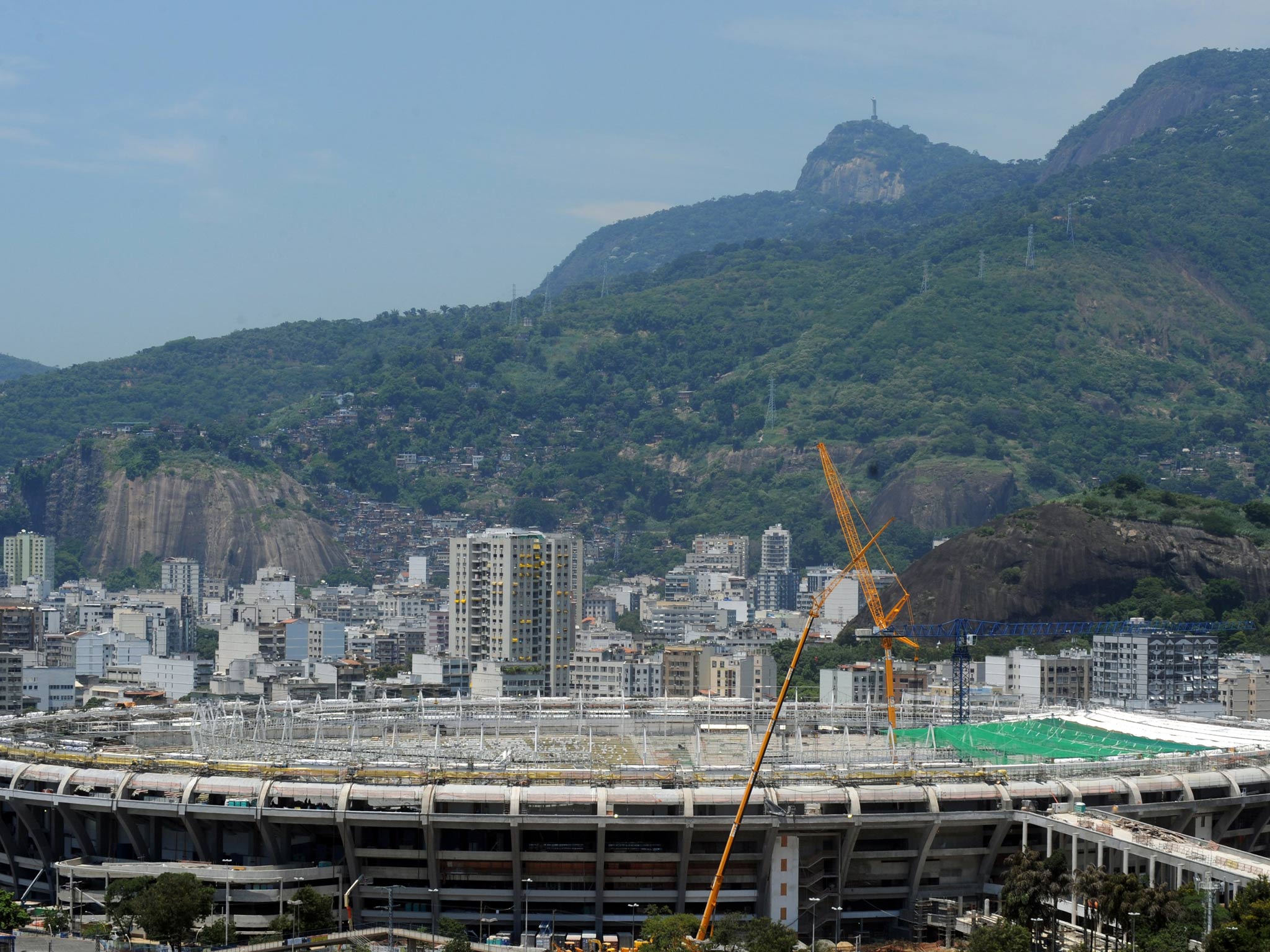Rio 2016: City's crime rate cut, but work still to be done ahead of World Cup and Olympics

Your support helps us to tell the story
From reproductive rights to climate change to Big Tech, The Independent is on the ground when the story is developing. Whether it's investigating the financials of Elon Musk's pro-Trump PAC or producing our latest documentary, 'The A Word', which shines a light on the American women fighting for reproductive rights, we know how important it is to parse out the facts from the messaging.
At such a critical moment in US history, we need reporters on the ground. Your donation allows us to keep sending journalists to speak to both sides of the story.
The Independent is trusted by Americans across the entire political spectrum. And unlike many other quality news outlets, we choose not to lock Americans out of our reporting and analysis with paywalls. We believe quality journalism should be available to everyone, paid for by those who can afford it.
Your support makes all the difference.A senior figure in the organising committee of the Rio 2016 Olympics believes the city has to do more to convince potential visitors it is a safe destination for tourists.
The crime rate in Rio de Janeiro is falling but from a high point and Leo Gryner, chief operating officer of Rio 2016, accepts there is still work to be done in transforming the city’s image.
“The crime rate has decreased since 2008 by half,” said Gryner. “It has been cut by half in the city. Last week it came out in the city of Rio [crime] went down by almost another 10 per cent. It is still going down and down. Yes [work needs to be done]. There is a perception [about Rio] that is spread all over the world. People need to know the streets are safe to walk.”
The fall in crime is linked to efforts by city authorities to regain control of the favelas. The murder rate has fallen as has crime in general. Last year a report by the US State Department acknowledged “significant progress made in reducing Rio de Janeiro’s legendary, critical crime rates” but also said the chance of being robbed in the street remained high even in “affluent neighbourhoods”.
Join our commenting forum
Join thought-provoking conversations, follow other Independent readers and see their replies
Comments